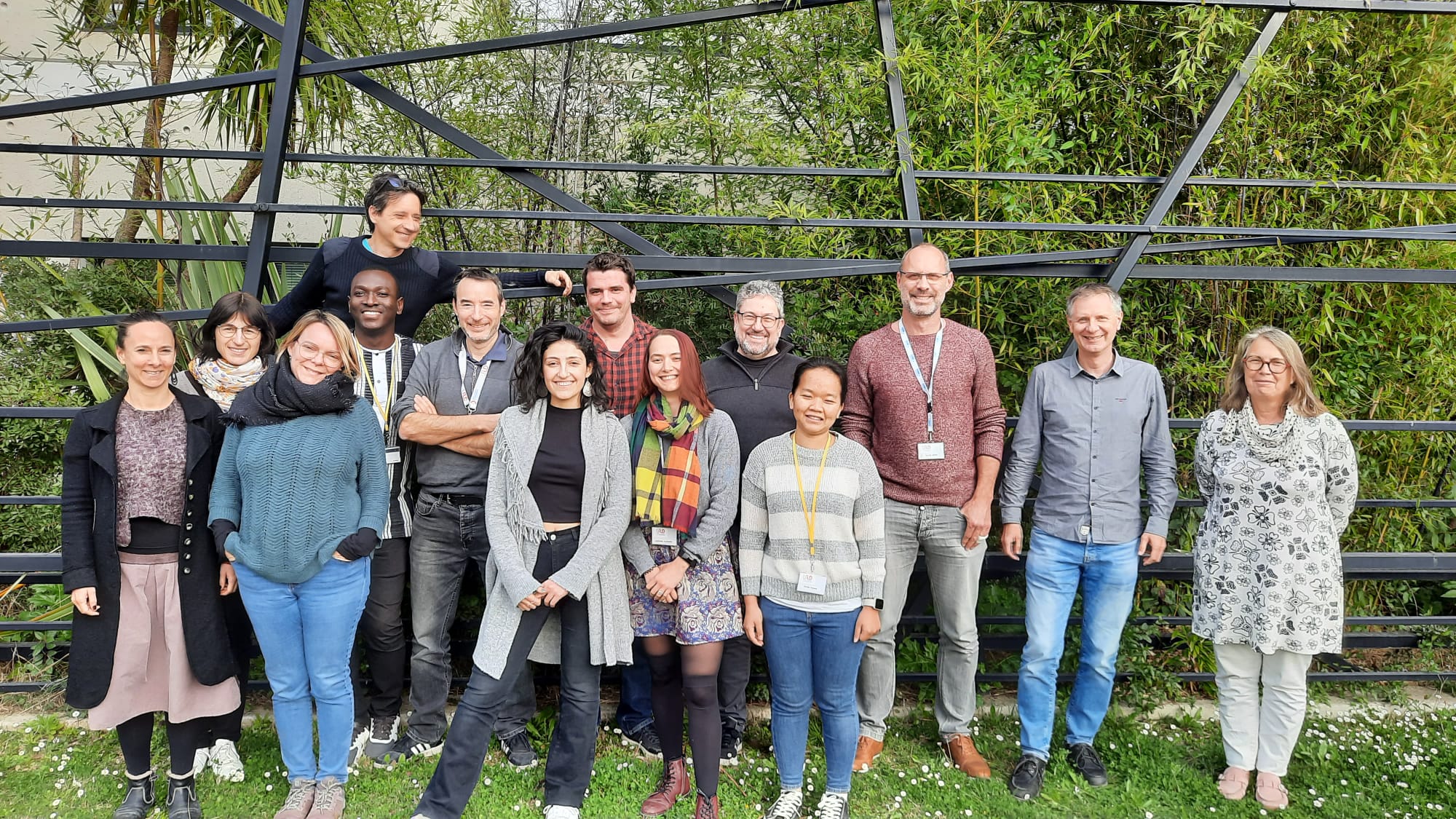BRIO group
Bacteria Rice Interactions & BiOcontrol
BRIO's missions
- Analysis of diversity and adaptation of cereal-associated bacteria.
- Decipher the physiological and molecular responses of cereals towards root-associated bacteria and more generally to their root microbiome.
- Elucidate links between the plant microbiome and plant resistance to diverse pathogens (including phytoparasitic nematodes, bacterial & fungal pathogens).
- Train students from North and developing countries to our topics of interest (licence, master, PhD, postdoc).
Main objectives
- Identify adaptative frontiers between phytobeneficial and phytopathogenic burkholderias in rice, as well as between root-associated Paraburkholderia and Burkholderia strains (bacterial genes involved in the interaction with the plant, and the plat host response).
- Isolate and characterize the diversity of plant microbiomes in contrasted agricultural practices of rice (traditional, agroecology, organic) in West Africa (Burkina-Faso, Senegal) and South East Asia (Cambodia).
- Develop biocontrol solutions against rice phytopathogens, based on plant microbiome-knowledge (secondary metabolites, bioinoculants, synthetic microbiomes).
-
Research areas : Interactions plant-microorganisms, Microbiology, Microbial Ecology, Population genetics, Parasitology, Biochemistry of secondary metabolites.
Scale of study
From gene to genomes to molecules, holobiont, bacteria and plant side, microbiome.



